Penn-Plax Cascade 300 Aquarium Filter
The Penn-Plax Cascade 300 Aquarium Filter works hard to keep the tank clean for your fish. With a flow rate of 300 GPH, this aquarium filter is great for tanks with a capacity of up to 100 gal. The Cascade 300 aquarium filter utilizes a quad-filtration system that has a polyfiber floss cartridge, activated carbon cartridge internal sponge and external bio-falls.
The Penn-Plax Cascade 300 Aquarium Filter works hard to keep the tank clean for your fish. With a flow rate of 300 GPH, this aquarium filter is great for tanks with a capacity of up to 100 gal. The Cascade 300 aquarium filter utilizes a quad-filtration system that has a polyfiber floss cartridge, activated carbon cartridge internal sponge and external bio-falls.
- For aquariums up to 100 gal.
- Flow rate of the aquarium filter: 300 GPH
- Quad-filtration system used by the Cascade 300 filter includes a polyfiber floss cartridge, activated carbon cartridge internal sponge and external bio-falls
- Suitable for freshwater and saltwater
Additional information
| Filter/Media Type | Biological |
|---|---|
| Fish Type | All Fish Types |
| Maximum Aquarium Size | 100 Gal. |
| Product Height | 8.3 in. |
| Product Length | 6.3 in. |
| Product Weight | 4 lb. |
| Product Width | 11.25 in. |
| Pumping Capacity Per Hour | 300 GPH |
| Water Type | Freshwater/saltwater |
| PartNumber | 157175299 |
| Manufacturer Part Number | CPF5 |


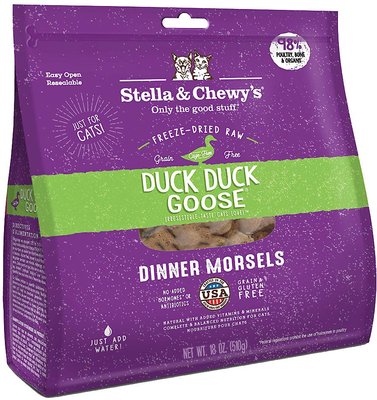
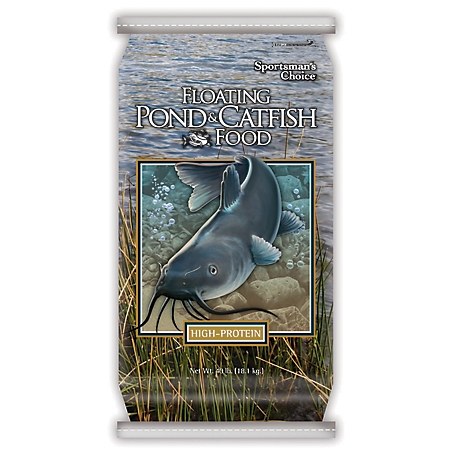

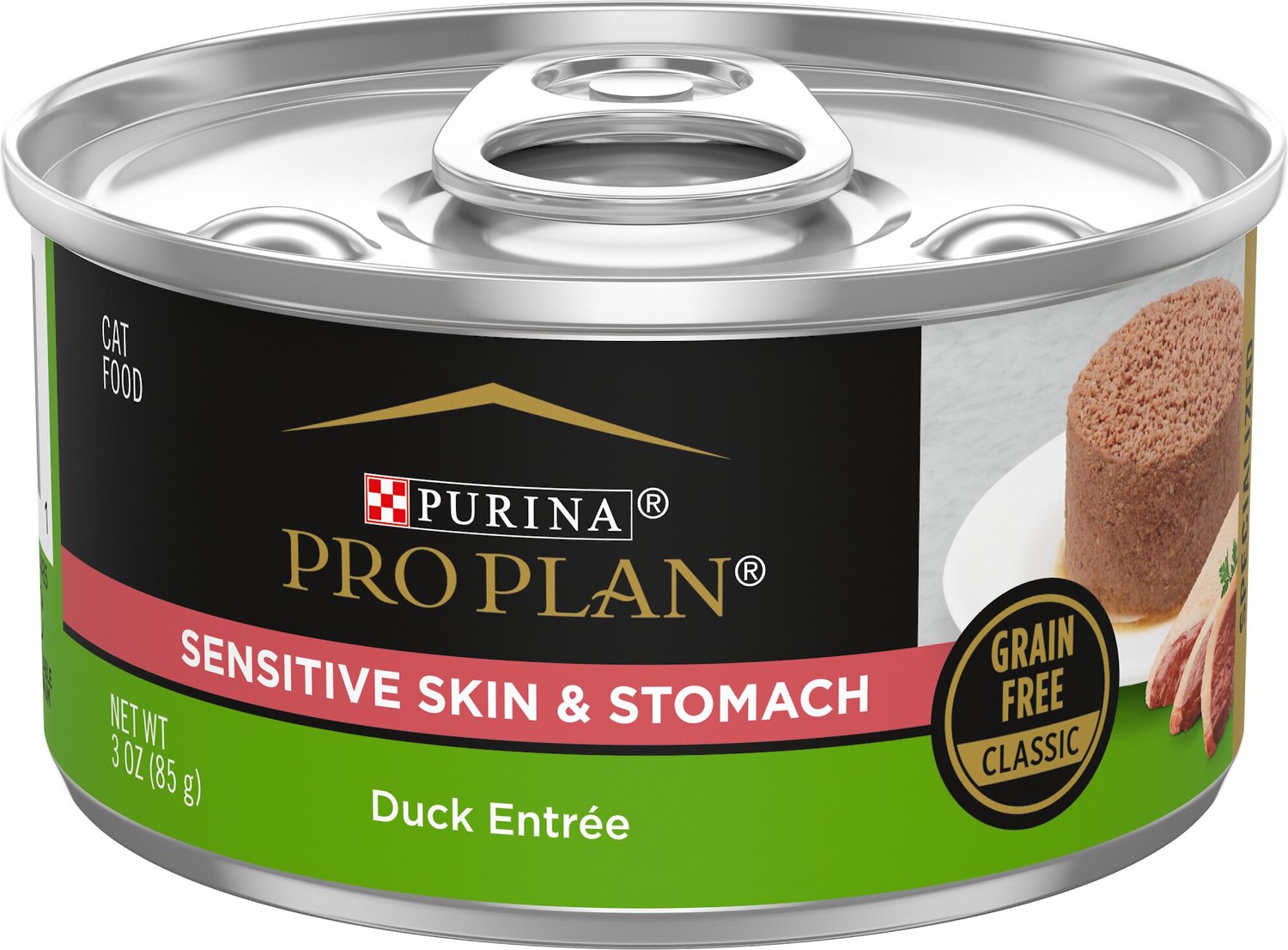
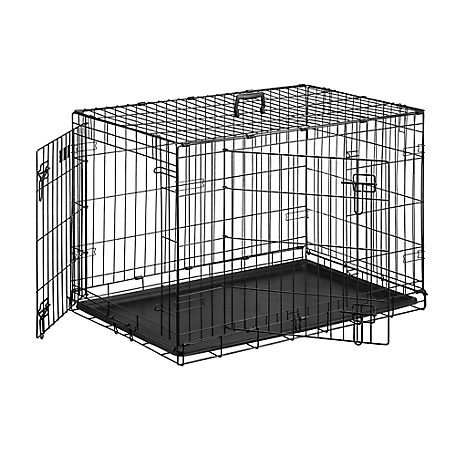

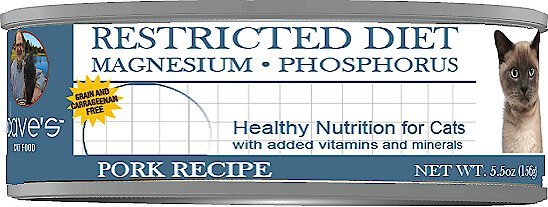
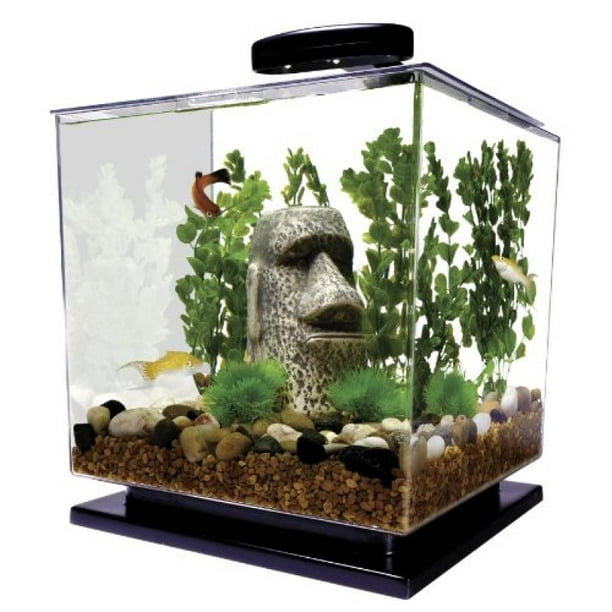
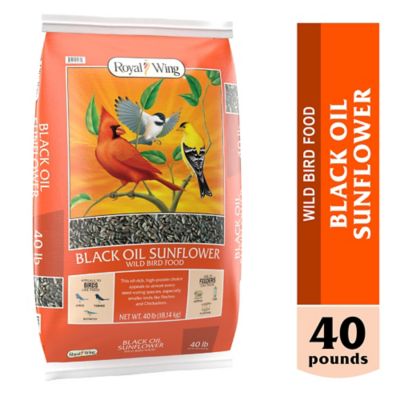
by Chris
Nice quality filters they work well